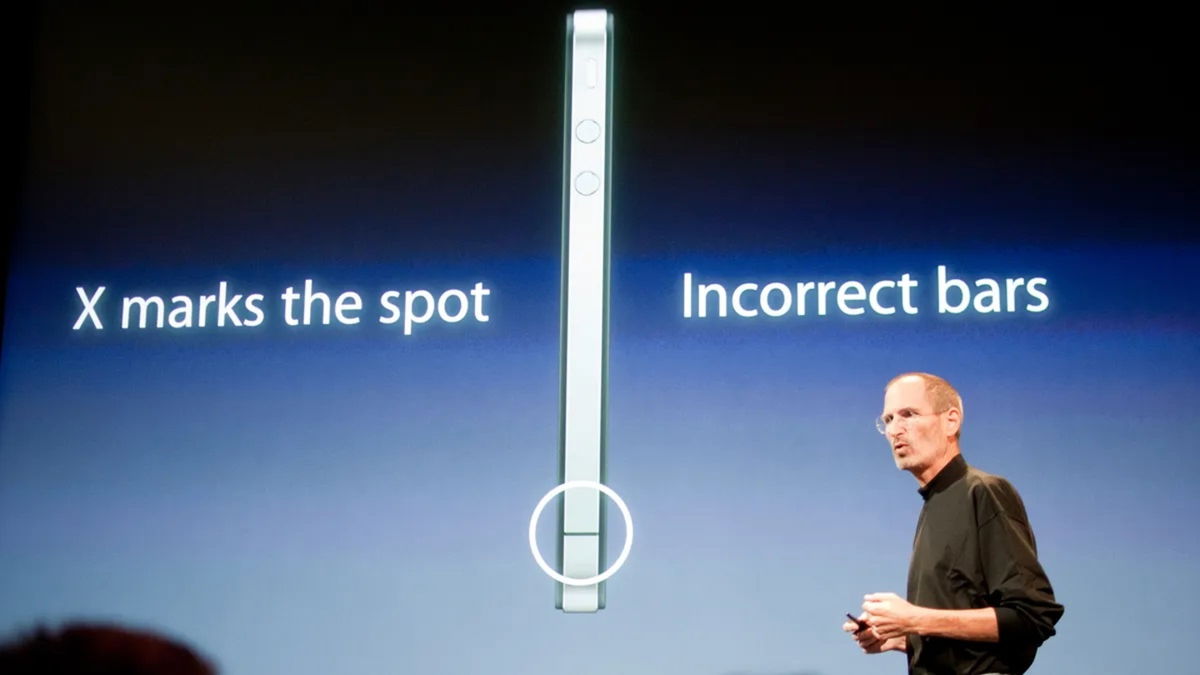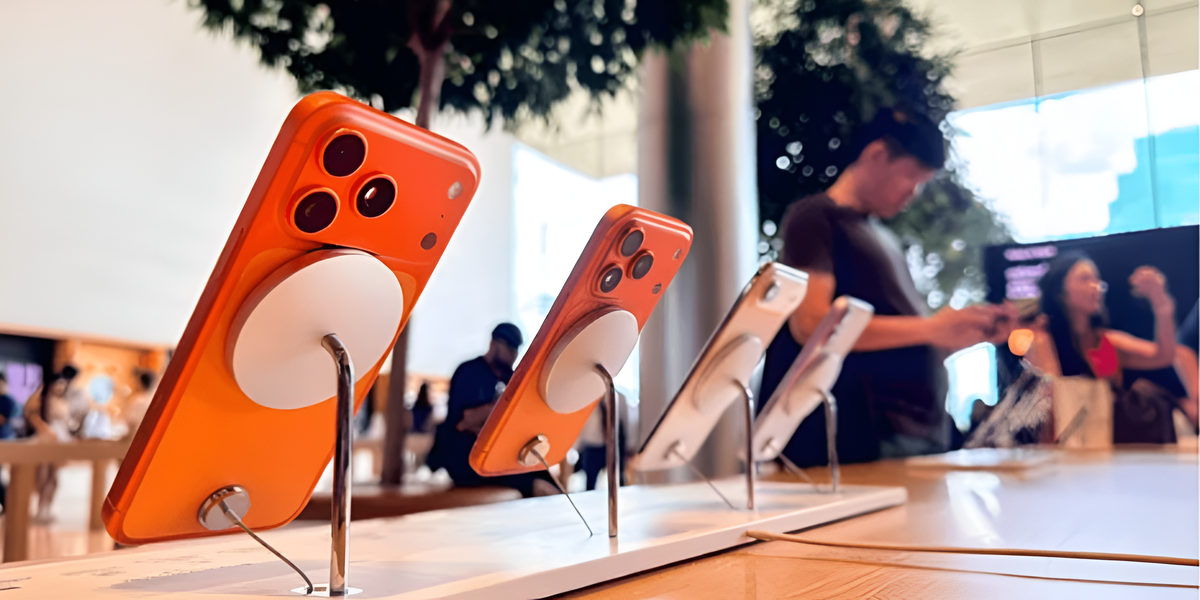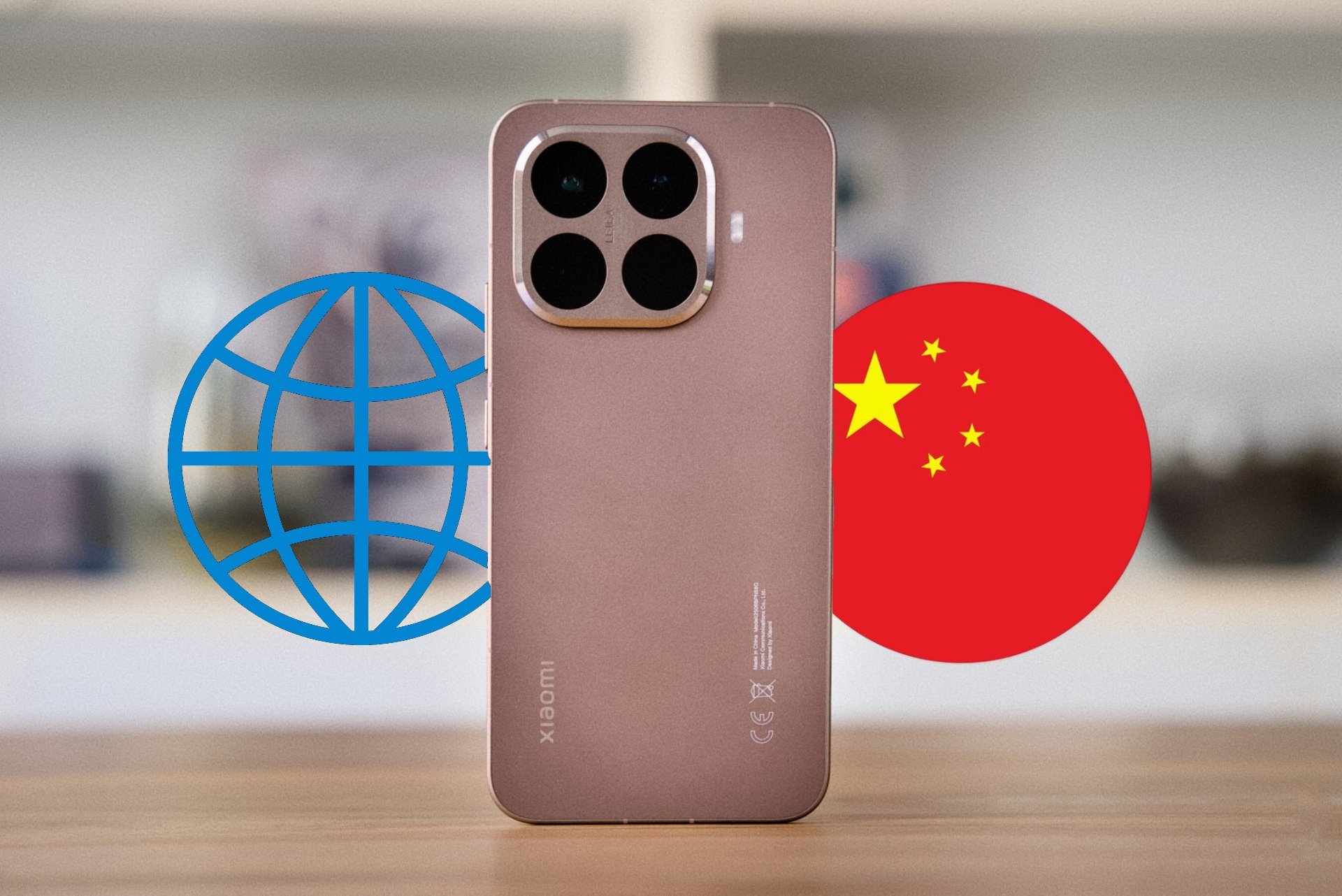Apple has formally requested that the monopoly lawsuit filed against it by the US Department of Justice be dismissed.The Cupertino residents presented reasons to the New Jersey District Court why they believe the case should not proceed.
Apple says the lawsuit filed by the US last March has “no merit”. Those led by Tim Cook say the allegations against them do not meet the legal standard required to show that there is a violation of Section 2 of the Sherman Antitrust Act.
It is worth recalling that Apple had already expressed its desire to dismiss the lawsuit against it by sending a preliminary letter to Judge Julien Niels last May. In any case, the company had to take this formal step in view of the next steps that the magistrate judge had to take.
It remains to be seen whether those on the block have a realistic chance of achieving their goal, as it is rare for a lawsuit brought by a North American government to be dismissed so quickly. Judge Neils will have to consider arguments made by both Apple and the Justice Department, with hearings involving the Californians expected before the end of the year. If the parties finally reach trial, the case could be over. not earlier than 2027.
Apple formally requests US monopoly lawsuit be dismissed
According to the U.S. Department of Justice, Cupertino violated antitrust laws by preventing competitors from accessing key features of its software and hardware. The lawsuit against Apple focuses on several sections, but they all point to the same thing: an alleged illegal strategy to stifle innovation through a closed ecosystem. Among the many objections, the following stand out:
- Blocking the NFC chip of iPhone and Apple Watch, the use of which is limited to Apple Pay;
- Lack of compatibility between Apple Watch and third-party mobile phones and no functionality if you want to use another brand’s smartwatch with your iPhone;
- The exclusivity of the App Store as a distribution platform for iPhone applications;
- Asymmetry in SMS communication quality between Apple mobile phones and phones from other manufacturers.
As he had noted in his previous letter to Judge Niles, Apple says lawsuit against monopoly is baseless.
“This lawsuit is based on the false premise that the iPhone’s success was not due to the creation of a superior product that consumers love and trust, but to Apple’s deliberate downgrading of the iPhone to block perceived competitive threats. […] And the government’s theory that Apple somehow violated antitrust laws by failing to give third parties greater access to the iPhone directly contradicts antitrust law, which protects a company’s right to develop and control its own product.”
Manzana
In its court appearance, Apple spared no effort to state its position on the US monopoly claim.
“This Court should reject the government’s bid to develop a new theory of antitrust liability, one that no court has ever recognized, based on five disparate examples of Apple’s design decisions that do not harm smartphone competition. And to the extent that the government intends to use these five examples to seize unprecedented power to control Apple’s design decisions more broadly, this case is even more implausible. Such a broad rule, if upheld, would harm innovation and risk depriving consumers of the private, safe, and secure experience that distinguishes the iPhone from all other options on the market.
Manzana
The matter is far from settled. As we noted earlier, Cupertino’s request is part of a formal process that will likely take months to analyze. In March, as soon as the lawsuit against the company became known, Apple said that “will vigorously defend itself”We will closely monitor the emerging news.
Source: Hiper Textual
I’m Ben Stock, a highly experienced and passionate journalist with a career in the news industry spanning more than 10 years. I specialize in writing content for websites, including researching and interviewing sources to produce engaging articles. My current role is as an author at Gadget Onus, where I mainly cover the mobile section.














